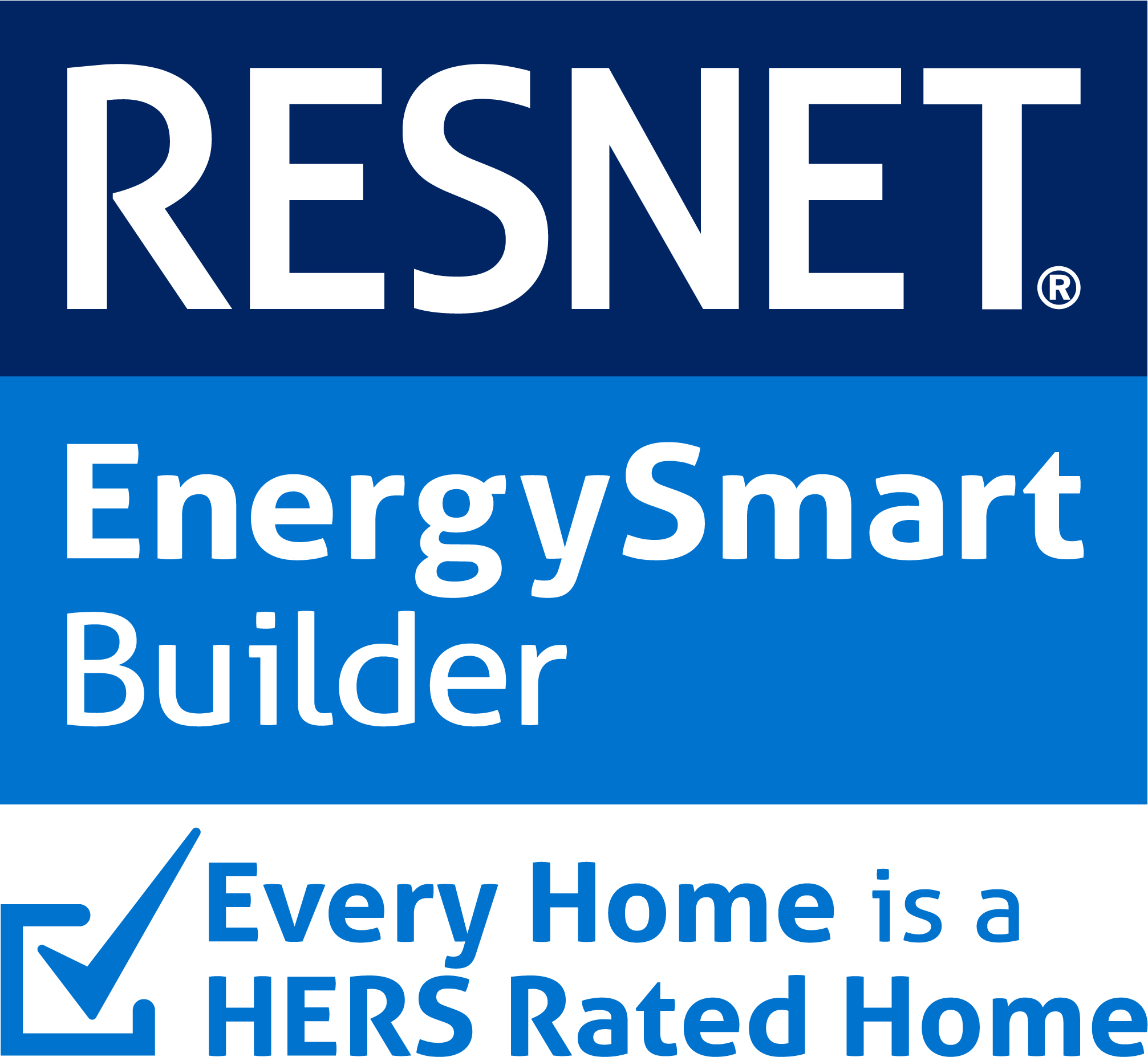A Comparison of Mobile, Modular, and Traditional Homes
When you are buying a home, you might hear the terms “modular homes,” “manufactured homes,” and “site-built homes.” It’s important to understand how they all differ, no matter whether you are purchasing an existing house or plan to build on land that is subject to restrictions. The differences can affect a home’s price and its resale value, and even dictate whether or not it can be built on your land.
| Mobile Homes | Modular Homes | Traditional Homes | |
|---|---|---|---|
| Building Codes | Homes built in a factory following the Federal Government HUD Codes not the local building codes. The HUD Code requires that all mobile homes be manufactured on a non-removable steel chassis (steel building platform). Mobile homes are subject to local zoning regulations. | Modular homes are treated as traditional homes and must follow the local building codes and regulations. Also it must follow local zoning regulations. | Traditional homes are subject to the local buildings codes and to the local zoning regulations. |
| Floor Plans / Design | There is very limited customization. Normally you purchase a mobile after it has been built. The number of manufacturers allowing you to design and customize your mobile home is increasing. Mobile homes are almost always single floor homes since they must be built on a non-removable steel chassis. | No construction occurs until the homeowners picks the design. Most builders provide sample plans to help guide you in your customization. Modular homes are normally highly customized in their interior and exterior appearances. In some cases it is even possible to have your personal architect design a home and then forward the plans to you modular building center. | Can be customized to the owners preferences. Sometime developers will buy large plots of land, divide it into smaller plots and build identical homes next to each other. You can also hire an architect to design your home according to your preference or purchase home plans online and then hire a contractor to follow those plans. |
| Maintenance Cost | These homes follow the HUD Codes designed in the 1970s so they are generally not as energy efficient as other homes. | These homes are built in a climate controlled factory using high quality materials and more precise building techniques that are capable inside a factory. Modular homes are intentionally-designed with additional insulation and other energy savings to reduce your maintenance costs. | Since they are built on-site in all types of weather, the quality of the product varies greatly. Research has shown that traditional homes are more likely to require repairs and higher maintenance costs. |
| Resell Value | Generally mobile homes depreciate in value since it is very hard to improve or expand an existing mobile home. | Modular homes increase in value over time. Once they are completed it is near impossible to tell the difference between traditionally built homes and modular homes. These homes can also be improved or expanded. | Traditional homes will increase in value over time. They can be improved and expanded to accommodate new owners preferences. |
| Timeframe | Typically there is no waiting time. You can have a mobile home delivered almost the same day since they are normally already built and awaiting for someone to buy them. | This normal timeframe is 8-14 weeks. There are some time savings since construction can begin in the factory at the same time your foundation is being created on your site. Also weather has almost no impact on the schedule. | The normal timeframe is several months. Since all construction occurs on site, work projects can not start until the previous project is completed. The work schedule is dependent on the weather conditions. |
| Appearance | They can be in any color but typically all look similar since they are almost always one story buildings. They can be single, double or triple wide. | Appearance can be the same as any traditional site-built home. You can add any style of window, door, wall or architectural feature you prefer. Once completed you can not tell the difference between modular and traditional homes. | The appearance can be customized to the home owners preference. Traditional homes can accommodate any architectural preference. |
| Building Process | The process gains from assembly-line manufacturing. This saves time and money which results in much lower prices to the consumer. Labor costs are also greatly reduced since the same craftsmen work on each home and master their section of work. | It enjoys the benefits of assembly-line building. In a manufacturing factory. The removes delays cause by the weather and vandalism damages. This more efficient process reduces the cost when compared to traditional homes. | The most costly building process which requires almost the entire house to be custom constructed. It will require more people which will take more time since they do not work on the same type of house everyday. It is also vulnerable to weather delays and vandalism costs. This process is the most likely to result in damaged building products like warped wood from rain exposure. |






